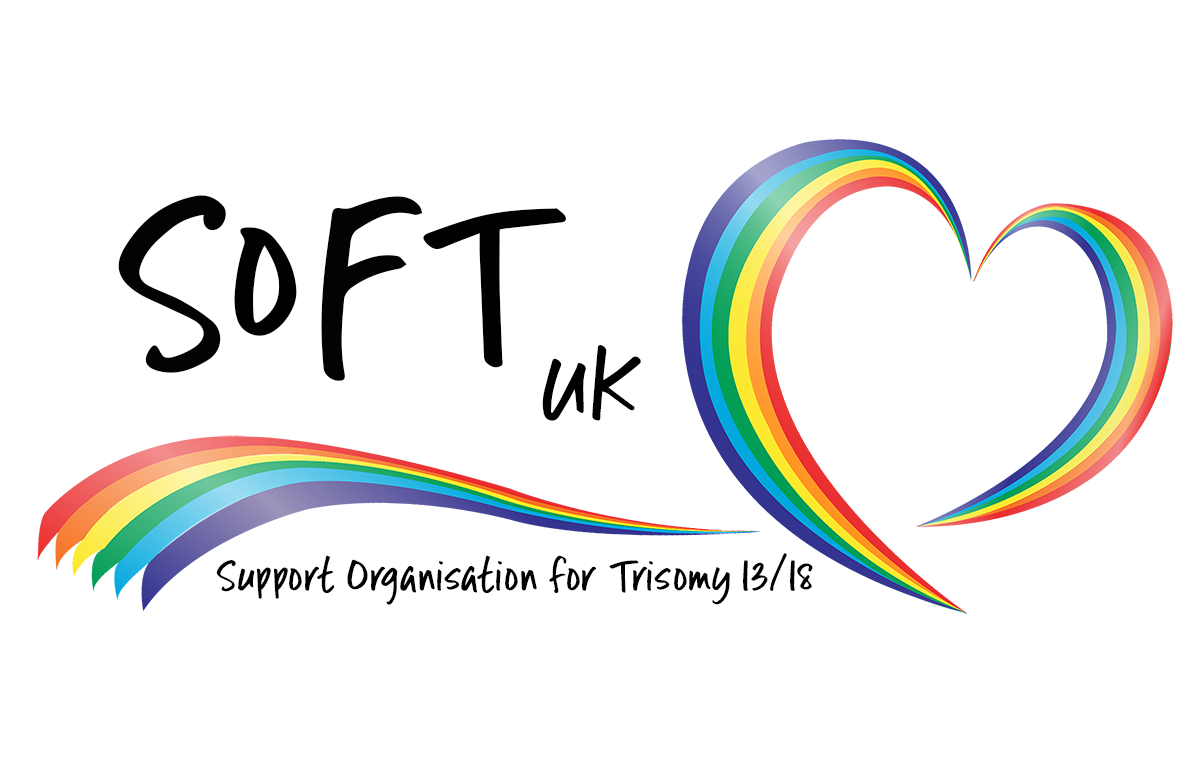Antenatal Testing
-

Screening Tests
-

Diagnostic Tests
-

Test Results Explained
In the UK, all pregnant women receiving NHS antenatal care are offered antenatal screening to help detect the presence of health conditions in the developing baby. The screening you are offered will depend on where you live in the UK. You should have received information from your healthcare professional about the testing when you were asked if you wished to have testing. However if you have never received this, have lost it or cannot remember the information please follow the links below for the country you live in.
If you have received care through a private provider, you will need to have information from them in respect of which tests they use and any results.
It is important that you understand which tests you have been offered or have had and what these mean, so that you can make any decisions you have been asked to make. If you are unclear about this, please go back to your healthcare professional who will help explain this fully to you.
Information on current NHS screening programmes can be found at:
• ENGLAND - NHS Fetal Anomaly Screening Programme
• SCOTLAND - Health Scotland
• NORTHERN IRELAND - NIDirect
• WALES - Sgrinio Cyn Geni Cymru / Antenatal Screening Wales
Screening Tests
You will be offered a number of different screening tests when you are pregnant – blood tests, ultrasound scans or a combination of both. Some of these tests are to check if the baby has a chance of a chromosomal condition such as Trisomy 13 (Patau’s syndrome), Trisomy 18 (Edwards’ syndrome) or Trisomy 21 (Downs syndrome).
It is your choice whether you undergo any or none of these screening tests. The screening tests themselves do not pose any risk to you or your baby’s health.
Screening tests can tell you whether your baby has a higher chance of a problem, but they cannot tell you for certain or give you a definite diagnosis of a condition. Results are usually reported as a statistical chance – a higher chance or lower chance of the baby having a chromosomal condition. They are not 100% accurate therefore, sometimes the results of a screening test can make a family worried when their baby does not have a condition. The opposite is also true and sometimes the tests indicate that there is a low risk, when a baby does have a condition. The efficacy of screening tests varies depending on which type of test you have, so it is important to read the information for the SPECIFIC test you are having.
Diagnostic Tests
Diagnostic tests will be able to tell you if your baby definitely has a chromosomal condition such as Trisomy 13 or 18 or Trisomy 21. At present, all diagnostic antenatal testing carries a small risk to the pregnancy. The risk incurred with each form of testing varies and is detailed in the SPECIFIC information on that test. Risks can be higher in a multiple pregnancy, so please discuss this specifically with your healthcare team.
Results of Chromosome Tests
Genetics is the study of human cells, and a Clinical Geneticist will interpret the results of chromosome tests. When tests during pregnancy have shown a chromosome abnormality the clinical geneticist, if consulted, will discuss the results with the family.
Other sources of information you might find helpful include:
ARC (Antenatal Results and Choices): a national charity helping parents through antenatal screening and its consequences. ARC offers non-directive individualised information and support to parents who are making decisions around antenatal testing.

